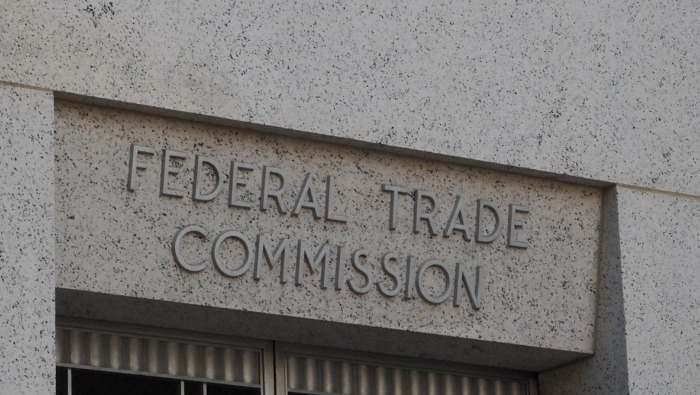Recently, the Federal Trade Commission (FTC) issued a policy statement applying its consumer and fair competition protections to gig workers. The full policy statement identifies several problem areas in the gig economy and lays out enforcement priorities to combat them. All in all, the policy statement seeks to protect both gig workers and the consumers who participate in the gig worker market. As the gig economy continues to grow at a quick pace while attracting more workers and consumers, protecting these parties from unfair practices has become one of the FTC’s priorities. Earlier this summer, the FTC partnered with the National Labor Relations Board (NLRB) to protect against unfair labor practices, including those affecting the gig economy.
Background of the Policy Statement on Gig Workers
Briefly, gig work includes any activity through which an individual earns income while providing on-demand work. These individuals often operate through digital services like smartphone apps. Undoubtedly, the gig economy has cemented itself within the broader U.S. economy. Its rapid growth in the last decade has been fueled by an influx of drivers, shoppers, designers, freelancers, and other workers. The demand for gig workers also grew significantly during the COVID-19 pandemic. In fact, the FTC reports that by 2023, the gig economy will generate $455 billion in annual sales. Meanwhile, 16% of Americans reported earning money through gig work, according to a poll by the Pew Research Center. However, the exponential growth of the gig economy is not without its problems.
Current Problems in the Gig Economy
The FTC’s policy statement identifies a few key issues that these workers face. Namely, these are deceptive claims about hours and pay, unfair contracts, and anti-competitive practices like coordinated wage fixing between big companies. In detail, the FTC seeks to rectify the following problems through its enforcement efforts:
- Gig Worker Misclassification – companies often categorize their workers as independent contractors. However, these same companies control workers’ tasks to a degree counter to traditional independent contracting while shifting associated costs and risks to them. This illegal misclassification deprives workers of critical employment rights and puts them at risk for unstable pay or safety hazards.
- Limited Bargaining Power – a lack of transparency between companies and gig workers concerning work availability, worker evaluation, and other key information coupled with a decentralized work environment leaves workers with little leverage to organize to improve their conditions.
- Concentrated Market/Oligopoly – since a few big companies control most of the gig economy, they are more likely to engage in coordinated unfair and anti-competitive practices. This leaves workers with less choice, non-competitive wages, and diminished job quality.
Enforcement Priorities to Protect Gig Workers
The policy statement clarifies that the FTC’s existing enforcement of consumer protection and competition laws applies equally to gig workers. Furthermore, those protections apply regardless of how companies in the gig economy want to classify their workers. Among the enforcement actions, the FTC will be:
- Holding accountable gig companies that misclassify workers as independent contractors while giving misleading claims about worker costs, compensation, and benefits.
- Combating unfair contracts and company use of algorithms to arbitrarily manage workers with a lack of transparency. Algorithm-based management may lead to deceptive, unfair, or anti-competitive practices.
- Pursuing companies that engage in anti-competitive and coordinated efforts to fix wages, limit benefits, increase fees, or control other terms that should be subject to competition.
The FTC invites gig workers harmed by unlawful or deceptive practices to file a report with the FTC’s fraud reporting portal. Also, workers who believe their labor rights have been violated may file a charge with the NLRB.

